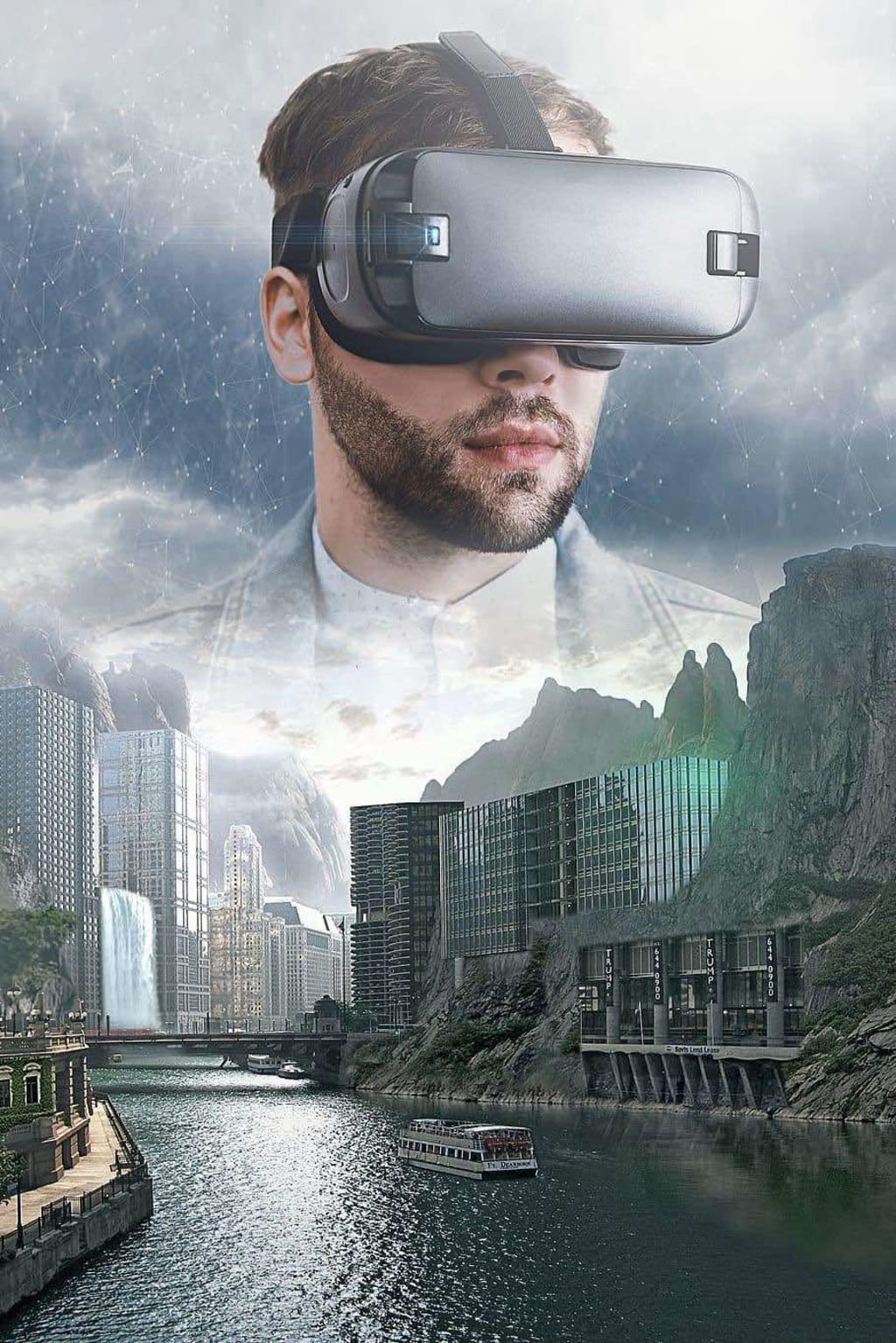Virtual Tourism
Ray of light for travellers post-pandemic world

COVID-19 has sadly doomed the hospitality sector as tourism has almost dried up, even having local vacations is out of question, and with more people working from home, business travel is also showing a decline.
However, with change in technology virtual tourism & travel are doing an awesome job. Hotels that know how to capitalize on this trend will see the fruits of their hardwork once the world returns to normal and travelers can once again pack their bags.
Virtual tourism presents viewers with an immersive experience of an activity, location, or destination through the use of technology. There are tons of different types of virtual tourism offerings, but there's usually a combination of virtual reality, still images, video, audio, narration, interactivity, and other multimedia formats to provide an experience of a destination that a user cannot get through images or websites alone.
By using a virtual reality headset viewers can now access virtual tourism content for the most realistic experience. Tourism content can not only be accessed from desktop or laptop but also from cellphones.
Just by relaxing on the couch or bed viewers can now have an actual feeling of the activities, locations, and destinations. 10 years from now did we even think that we can see and experience a destination without traveling to it & not even worrying about time zone & weather conditions.
The other plus point for the viewers is cost. With virtual tourism exotic destinations are accessible to millions of people who may otherwise not be able to afford the high travel cost. Viewers are embracing the rise in virtual tourism destinations and the increasing quality and availability of virtual reality technology to see and experience things they once thought was almost impossible.
For hotels and destinations, the clear benefit is the ability to stay top-of-mind with potential customers and to highlight a location, amenities, and offerings. Viewers who have experienced a hotel or location through virtual tourism are more likely to book a future stay, and will eagerly anticipate experiencing the activity in the “real world.”
There are also great marketing opportunities offered by virtual tourism technology. Potential guests can see a 360-degree view of a property and its amenities, rather than the mediocre images on a brochure or website. Experiencing a property this way increases the chances that viewers will want to visit in the future, and means that they can easily share the virtual offerings with their friends and family.
The immersive experience allows the viewer to imagine themselves at a travel destination. The viewer can control what they see of a destination, experiencing 360 degrees of a location. All aspects of a destination can be showcased in high resolution. Hotels, Convention and Visitors Bureaus (CVBs), and travel agencies can stand out from the crowd. Even forbidden tourist destinations can become accessible.
Dubai 360 is an amazing example that provides an ecstatic virtual tourism experience that allows users to travel the city through a bird's-eye view and learn all about the locations scattered throughout. "Our services help increase online presence, which is crucial to marketing anything in the present," reads Dubai360's website. "We aim to raise you above your competition by presenting a professional and high quality look, and improving your customers' first impressions. This service is equally useful for Hotels, Restaurants, Malls, Real Estate, or anything that can be presented visually."
Virtual tourism is one of the many keys to the travel industry’s resilience and ability to bounce back from an unprecedented time. Showcasing everything that a property or destination has to offer is a great way to build excitement for “normal” travel and keep the destination top of mind once travelers are able to travel again.
Virtual tourism has been lauded as a way for hotels and destinations to highlight the intangibles of their location, capturing the special feel of the place and drawing interest from travelers who might not otherwise consider it.
"A true gift of virtual travel is that we can safely and efficiently access experiences we've always wanted to access," Dennis Watkins, owner of The Magic Parlour in Chicago, said in an article for marthastewart.com. "People separated by oceans can look each other in the eyes and share stories, cultures, and ideas. When I do a show for a single family who logs in from London, Leeds, Norway, or Chicago, I start to see the power of the virtual space ... and I think we're just now starting to understand and leverage that power."






Comments
There are no comments for this story
Be the first to respond and start the conversation.